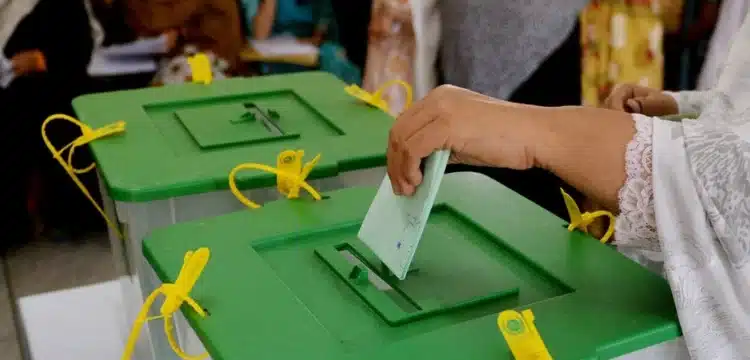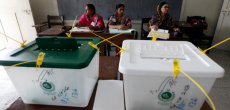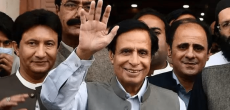[vc_row][vc_column][vc_column_text dp_text_size=”size-4″]Following recent elections in Pakistan, the political landscape has undergone a significant transformation, introducing a fresh set of dynamics that promise to shape the country’s trajectory in the coming years. The post-election period is marked by intricate developments, as political parties realign, power dynamics shift, and new policy directions emerge.
One of the prominent aspects of the post-election political dynamics is the recalibration of party alliances and coalitions. Traditional partnerships may be reevaluated, and unexpected collaborations might materialize as parties strive to secure a stable and effective government. This fluidity in alliances reflects the intricate negotiations and compromises essential for the formation of a ruling coalition, highlighting the complexities of Pakistan’s political landscape.
The electoral outcome often triggers a reassessment of political strategies and priorities. Parties that have secured victory may embark on a period of introspection, focusing on governance, policy implementation, and delivering on electoral promises. Conversely, those facing electoral setbacks may engage in soul-searching, rebranding, and organizational restructuring to regain public trust and political relevance.
Read more: PTI-Backed Independent Joins PML-N AFter Elections 2024
The dynamics within individual political parties undergo scrutiny as well. Leadership changes, internal power struggles, and strategic recalibrations become common as parties adapt to the evolving political landscape. The post-election period often serves as a litmus test for a party’s resilience and adaptability, revealing its capacity to respond to changing circumstances and public sentiment.
The distribution of parliamentary seats and the resulting composition of the government significantly influence policy formulation and decision-making. Post-election, the government is tasked with translating its electoral agenda into actionable policies that address the nation’s challenges. This requires collaboration, negotiation, and a strategic alignment of priorities to ensure effective governance.
The post-election period is characterized by heightened public expectations and scrutiny. Citizens anticipate tangible improvements in their lives, be it in terms of economic stability, social services, or governance transparency. The government’s ability to meet these expectations influences its popularity and public approval, laying the foundation for its standing throughout its term.
Public discourse during this period often revolves around the implementation of electoral promises, economic policies, and social reforms. The media, civil society, and the general public actively engage in discussions, critiques, and assessments of the government’s performance. This scrutiny plays a crucial role in holding the government accountable and shaping public opinion.
Another significant facet of post-election dynamics is the impact on foreign relations. The international community closely observes political transitions, assessing the potential implications for regional stability, security, and diplomatic relations. Governments often articulate their foreign policy priorities and engage in diplomatic outreach to foster collaborative relationships with other nations.
The post-election period also witnesses shifts in legislative priorities. Newly elected representatives introduce and debate bills, influencing the legal landscape of the country. The nature of these legislative initiatives reflects the evolving needs and concerns of the population, contributing to the ongoing development of Pakistan’s legal framework.
Challenges and crises that arise post-election further test the resilience and crisis management capabilities of the government. Whether it be economic downturns, security threats, or natural disasters, the government’s response becomes a critical factor in shaping public perceptions and confidence.
In conclusion, the post-election political dynamics in Pakistan are multifaceted, encompassing realignments in party alliances, shifts in power dynamics, policy formulation, public expectations, international relations, legislative priorities, and crisis management. This period is a crucial juncture that sets the tone for the government’s term, influencing its trajectory and impact on the nation. As political actors navigate these dynamics, the resilience and adaptability of the political system become evident, shaping the course of Pakistan’s political landscape in the post-election era.[/vc_column_text][/vc_column][/vc_row]











